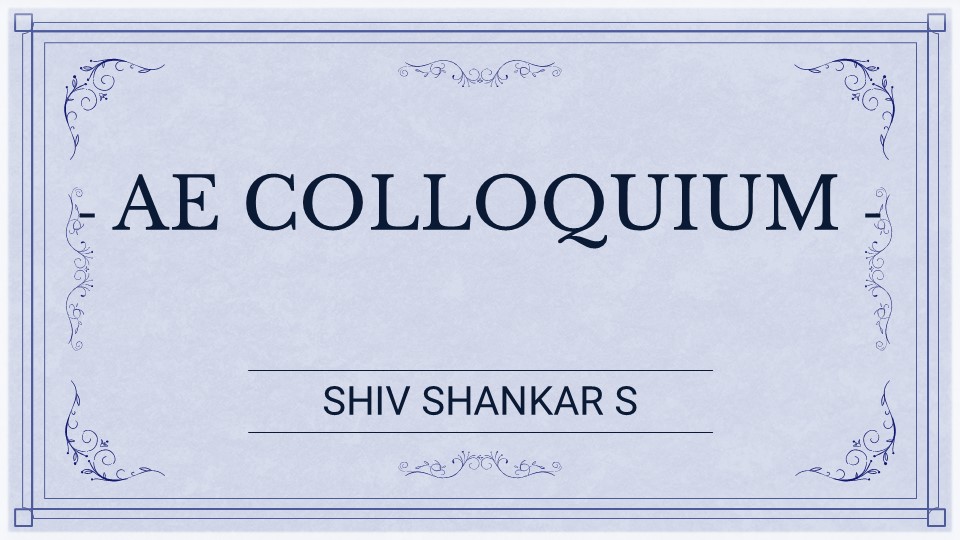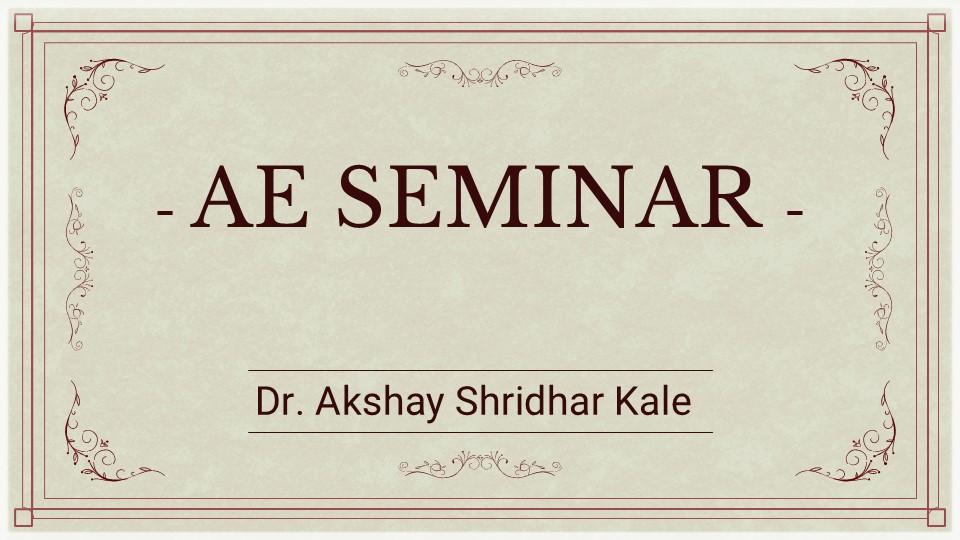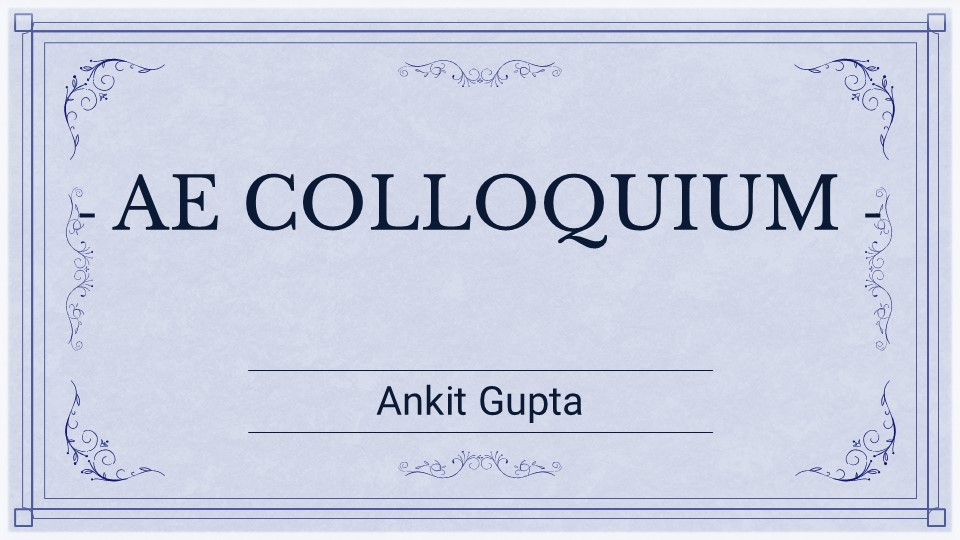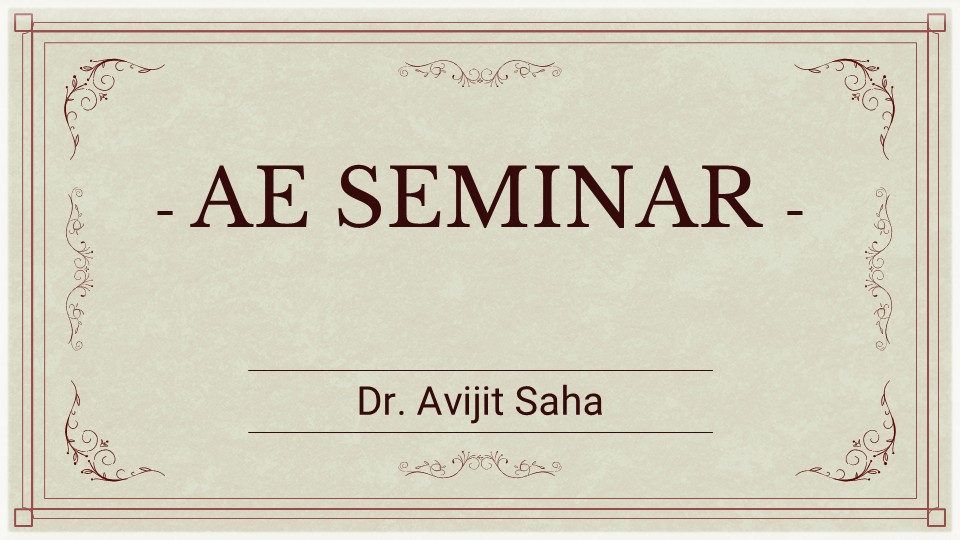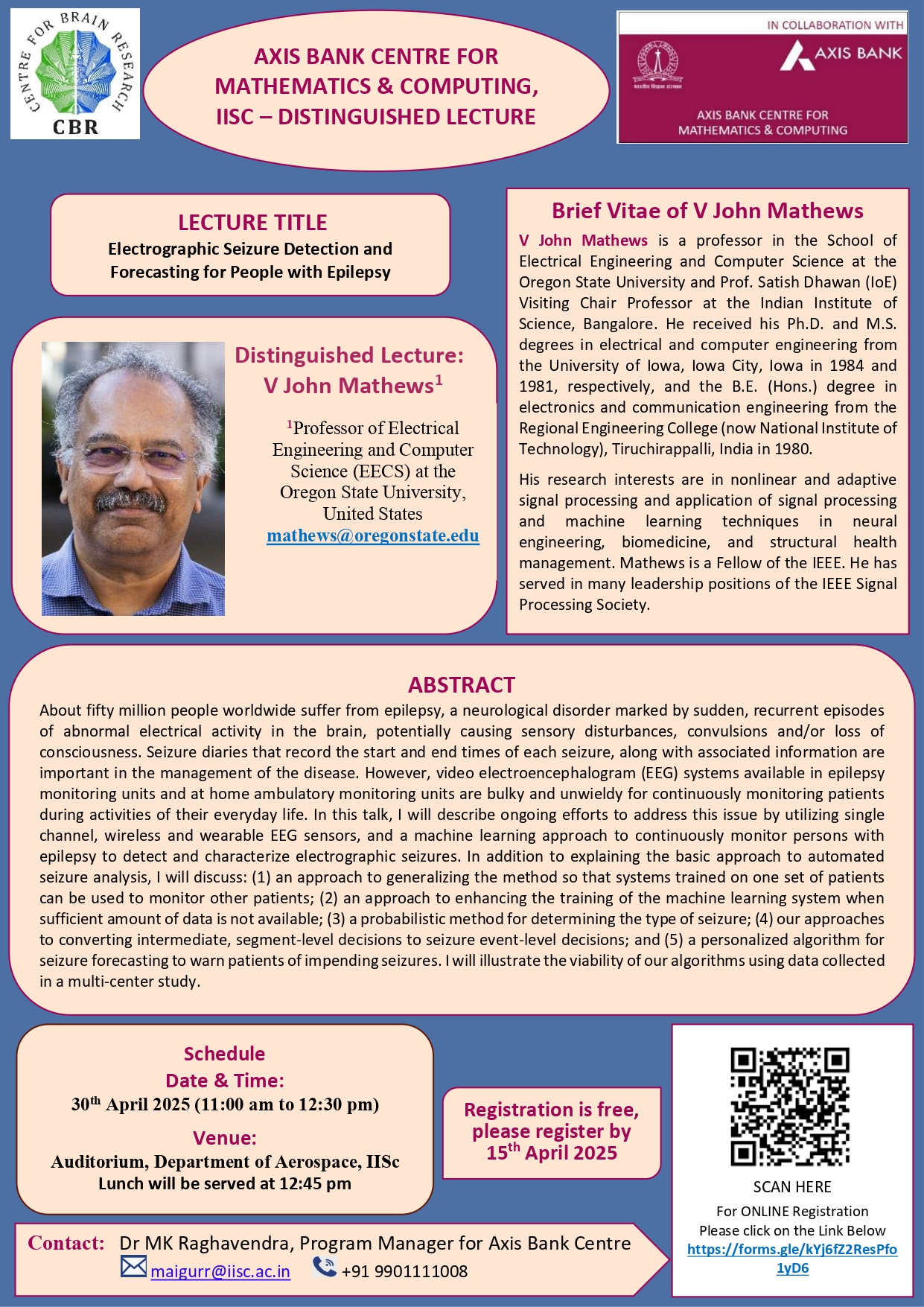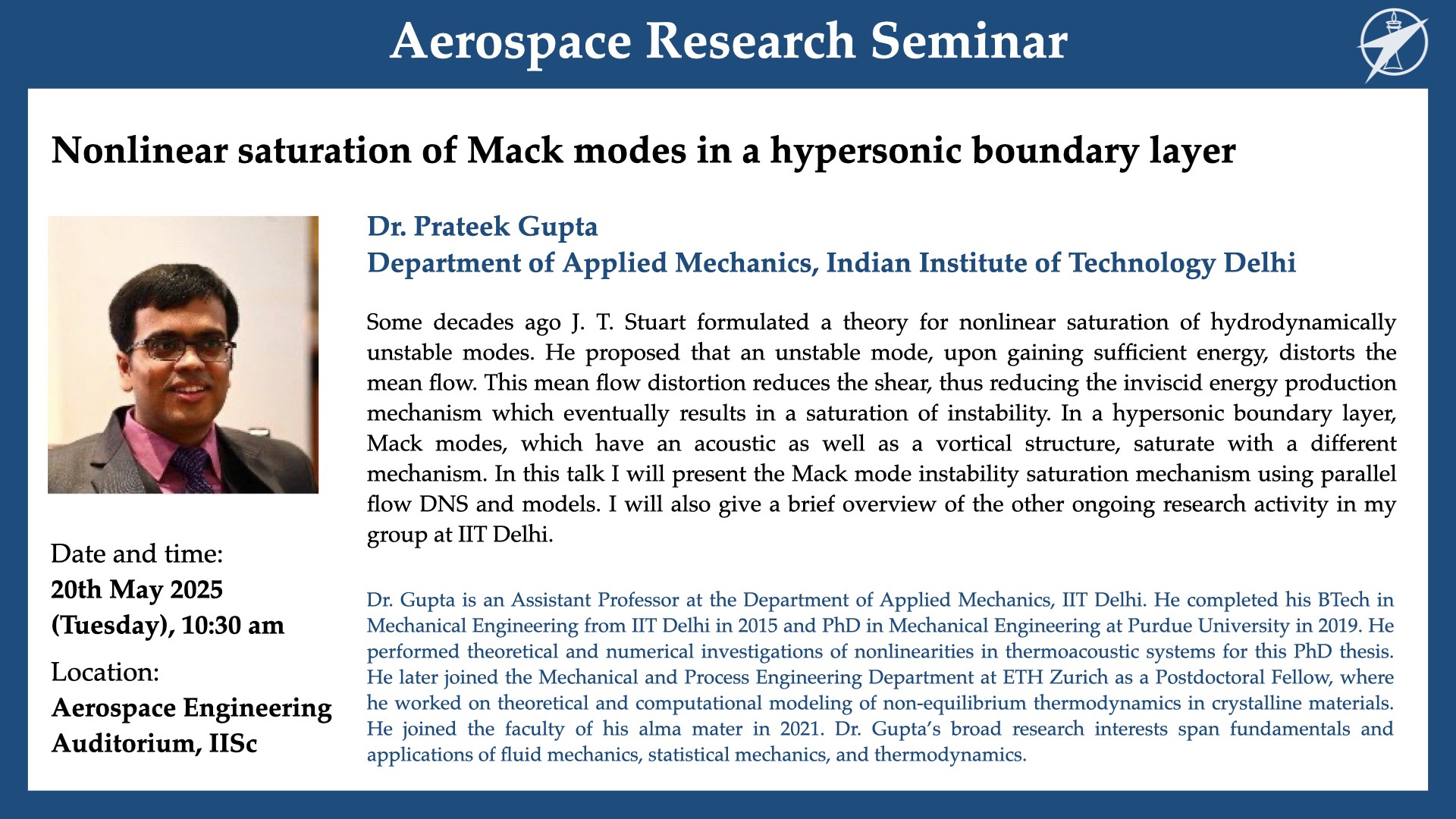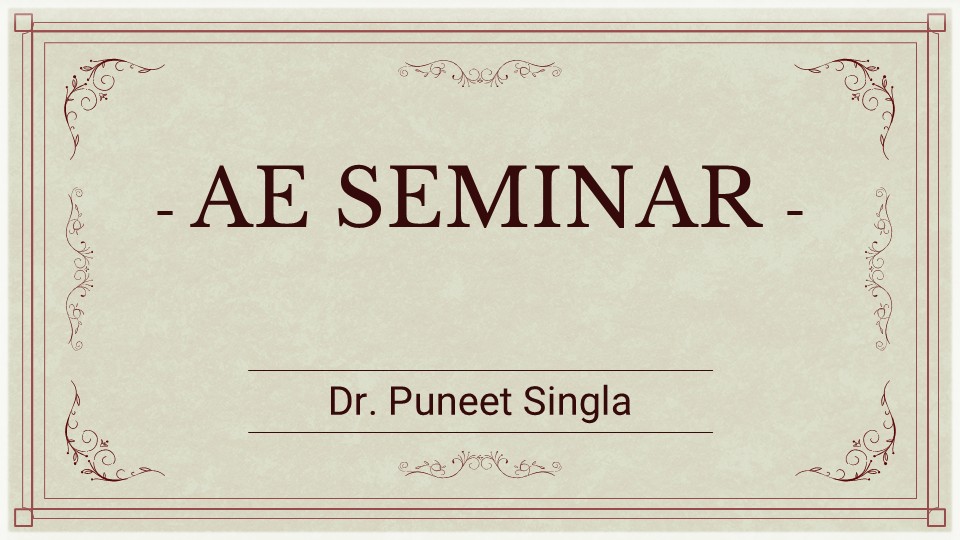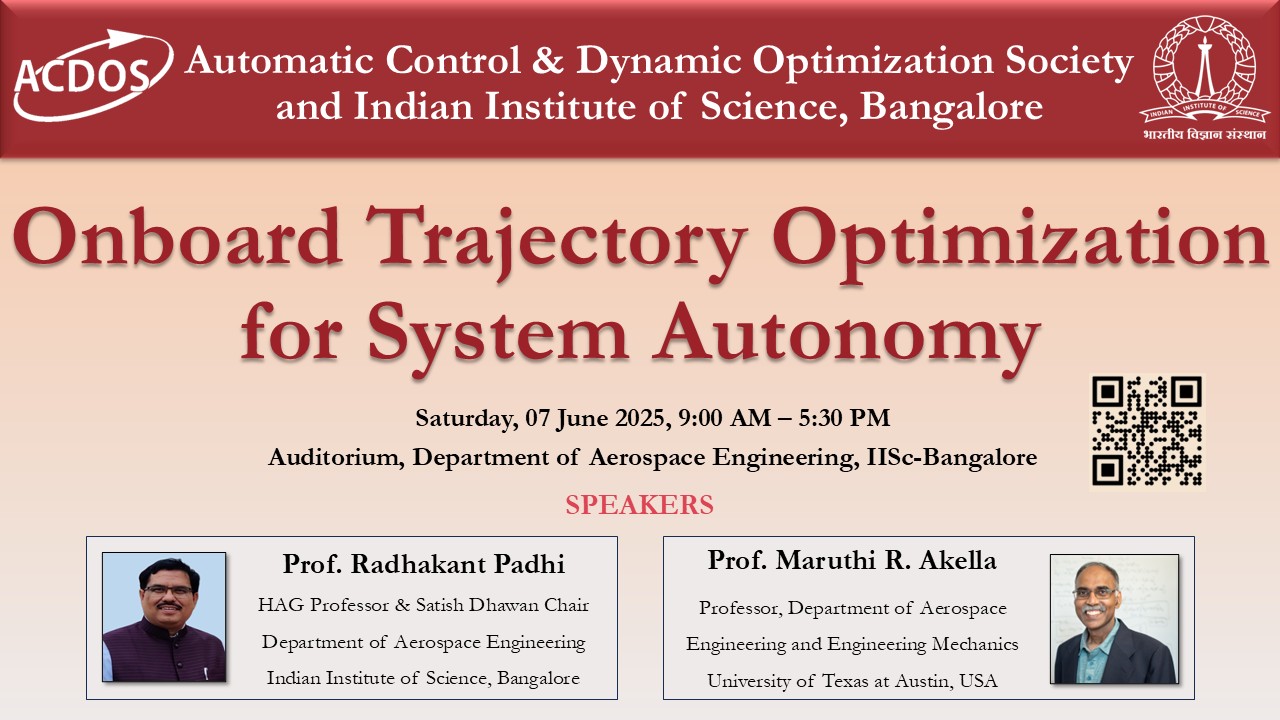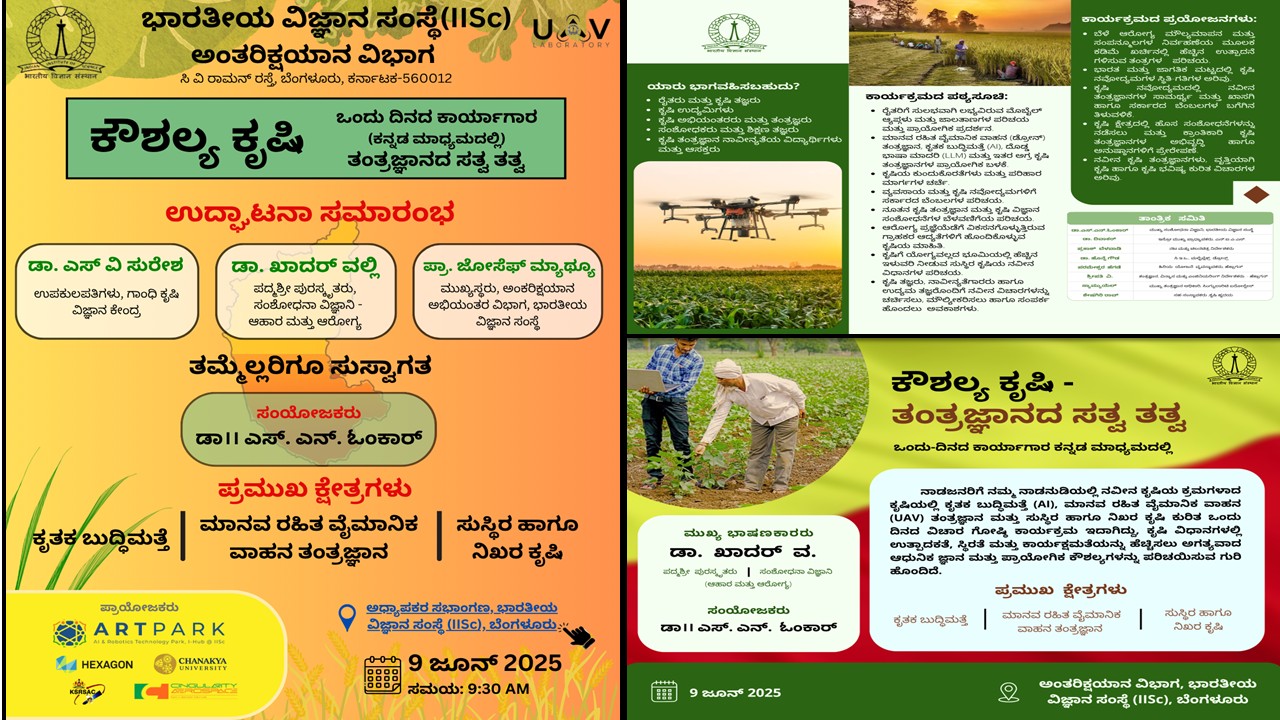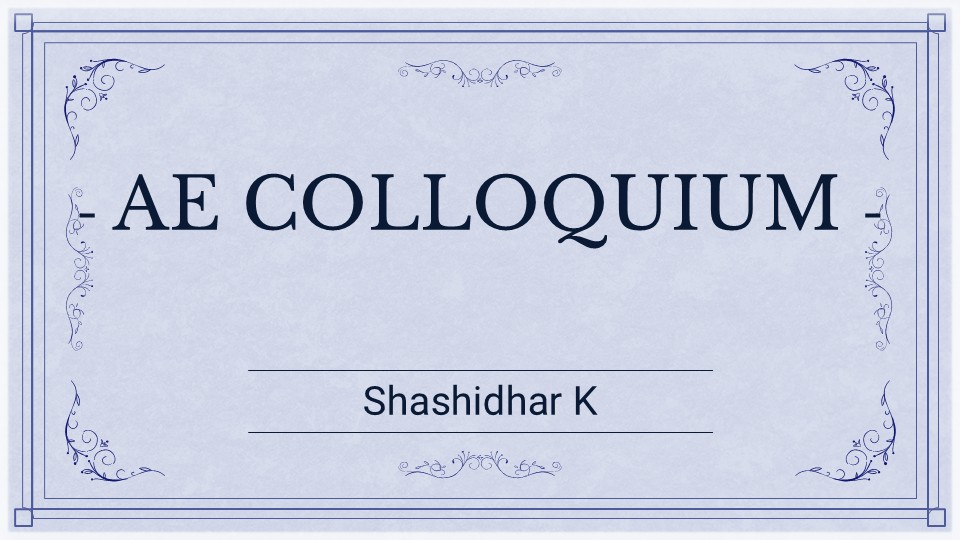Ph.D. (Engg): Control of Alternating Flow Phenomena in Transonic Shock Wave Boundary Layer Interactions Over Payload Region of a Generic Launch Vehicle Model
CEH Conference Hall- Room No.239, Second Floor, Department of Aerospace EngineeringThe transonic Mach number regime is a critical phase in the atmospheric ascent of launch vehicles, where aerodynamic loads peak due to the combined effects of high freestream dynamic pressure and angle of attack. Besides high steady loads, launch vehicles experience very high levels of pressure fluctuations caused by interactions between the unsteady λ-shock system […]

